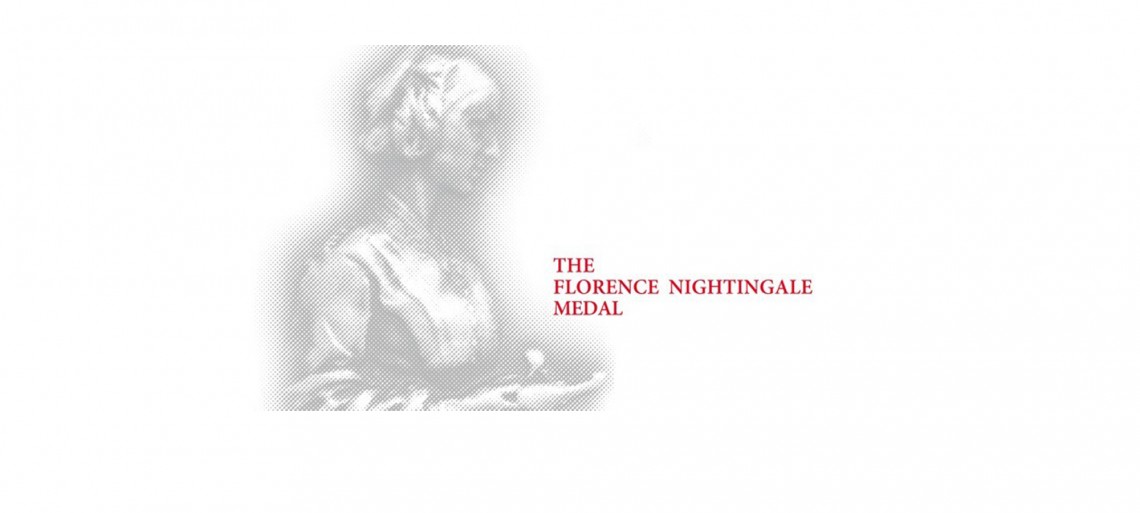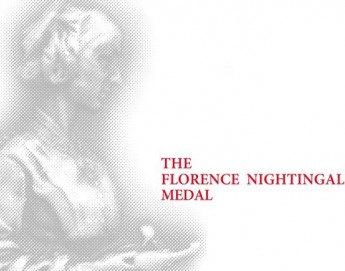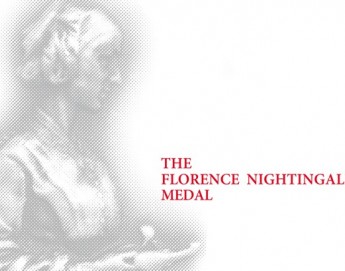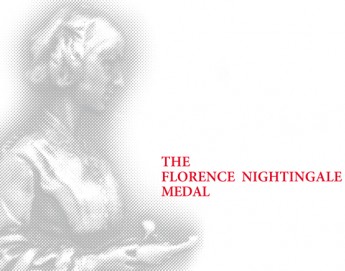
Florence Nightingale award: Why the 2020 medal is special
On 12 May 2020, we will mark the 200th anniversary of the birth of Florence Nightingale. The World Health Assembly has designated 2020 as the International Year of the Nurse and the Midwife, who are often the first and only point of care in their communities.
On this occasion, the Commission for the Florence Nightingale Medal decided to award a global collective Florence Nightingale medal dedicated to all the nurses and midwives in the world who are deprived of liberty because of their humanitarian engagement. Contrary to the traditional award of the medal, this one will not be an individual, but a collective, non-nominative recognition.
This recognition will be dedicated to all nurses and midwives facing such a difficult situation regardless of their engagement with or outside of the Red Cross and Red Crescent Movement.
This special award of the Florence Nightingale medal is also related to Health Care in Danger (HCID), an initiative of the International Red Cross and Red Crescent Movement aimed at addressing the issue of violence against patients, health workers, facilities and vehicles, and ensuring safe access to and delivery of health care in armed conflict and other emergencies.
Who was Florence Nightingale?
Born into a British upper-class family on 12 May 1820, Nightingale broke away from the social conventions of her time to embrace a career as a nurse. Dedicating her life to the care of the sick and wounded, she would soon undertake to reform the entire nursing profession, at a time when hospital work was still considered a second-rate occupation for uneducated and impoverished women. Appointed by the British War Office in 1853, she led a group of 38 nurses to Scutari, near Istanbul, to tend to the wounded soldiers of the Crimean War.
The human cost of the poor sanitation and lack of appropriate care in Scutari was appalling. Overcoming the reluctance of the doctors and officers present, Nightingale took it upon herself to reform the military hospital, armed with her well-known leadership, sense of organization and determination.
After her return to England, Nightingale dedicated the rest of her life to reforming hospital management, reorganizing the British military medical services and improving the education of nurses. Her visionary writings stress upon the importance of prevention, hygiene and professional training.
What is the Florence Nightingale medal?
In honor of Nightingale, the ICRC created the Florence Nightingale Medal, in 1912, as suggested by the Council of delegates during the Eighth International Conference of the Red Cross. The medal, the highest international distinction for nursing professionals, is awarded every two years to outstanding nurses presented by National Red Cross or Red Crescent Societies. It recognizes exceptional devotion and courage in the care of the wounded and sick as well as key contributions to the fields of prevention, public health or nursing education.
The Florence Nightingale Medal Commission comprises several members and staff of the ICRC, several of whom are nursing professionals, and the head nurse of the International Federation of Red Cross and Red Crescent Societies. A representative of the International Council of Nurses participates in the work of the Commission.



